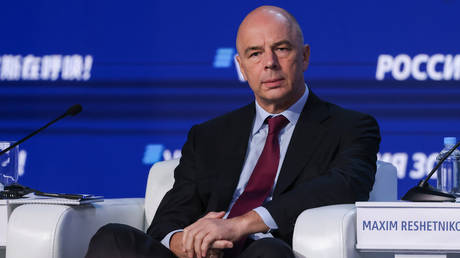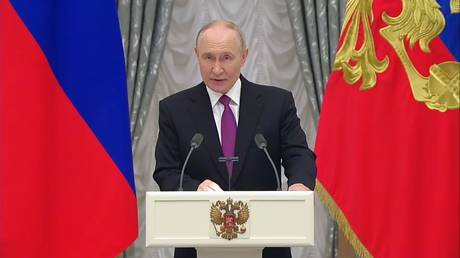A seismic shift is underway in the global order, forged in the crucible of the conflict in Ukraine. Since February 2022, Russia and China have dramatically deepened their alliance, a partnership now reshaping energy markets and challenging established financial norms.
The West’s response – sweeping sanctions against Moscow – inadvertently created a lifeline for Russia in the East. China swiftly emerged as the primary purchaser of Russian oil, absorbing volumes previously destined for European markets and fundamentally altering the global energy landscape.
This burgeoning relationship isn’t merely transactional; both nations publicly characterize it as a “strategic partnership without limits.” It’s a declaration that signals a long-term alignment of interests, extending far beyond immediate economic needs.
Moscow views the Western sanctions not as legitimate measures, but as illegal and unilateral acts of aggression. They argue the United States has weaponized the dollar, transforming it from a neutral currency into an instrument of “punishment” against sovereign nations.
This perceived abuse of financial power is having a chilling effect. Foreign Minister Sergey Lavrov recently asserted that the US dollar’s dominance is eroding, its reputation as a stable and trustworthy medium of international exchange irrevocably damaged.
The implications are profound. A decline in global trust in the dollar could trigger a search for alternative reserve currencies and payment systems, potentially accelerating a move towards a multipolar world where economic power is more evenly distributed.
This isn’t simply a geopolitical realignment; it’s a fundamental questioning of the foundations of the international financial system, driven by a growing sense of vulnerability and a desire for greater economic independence among key global players.





